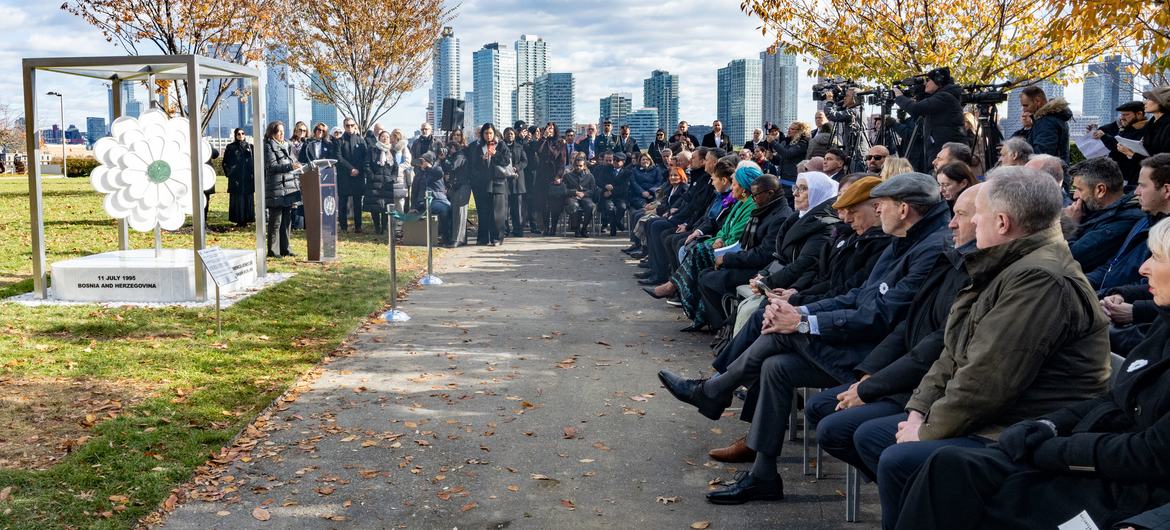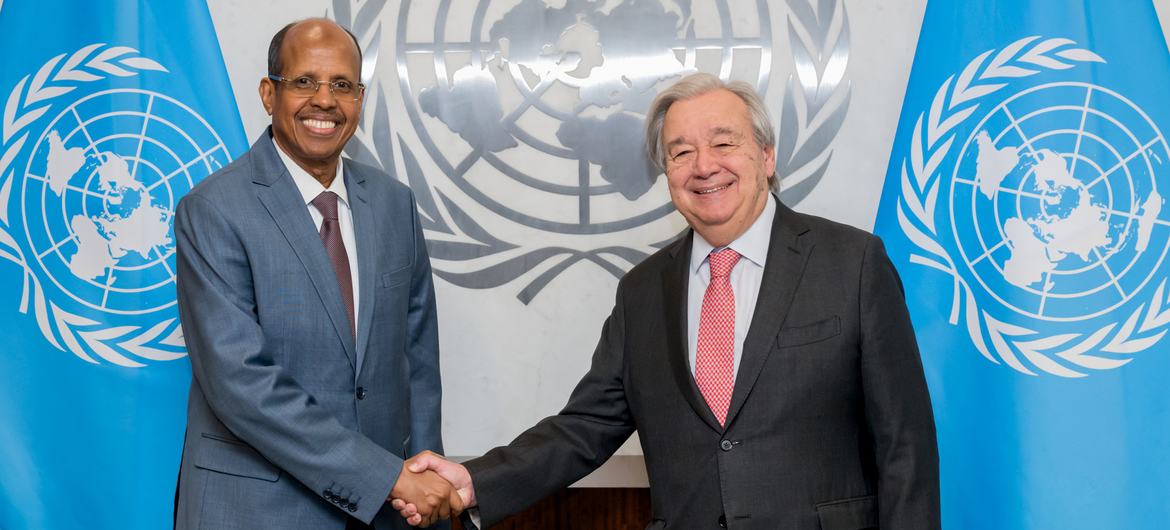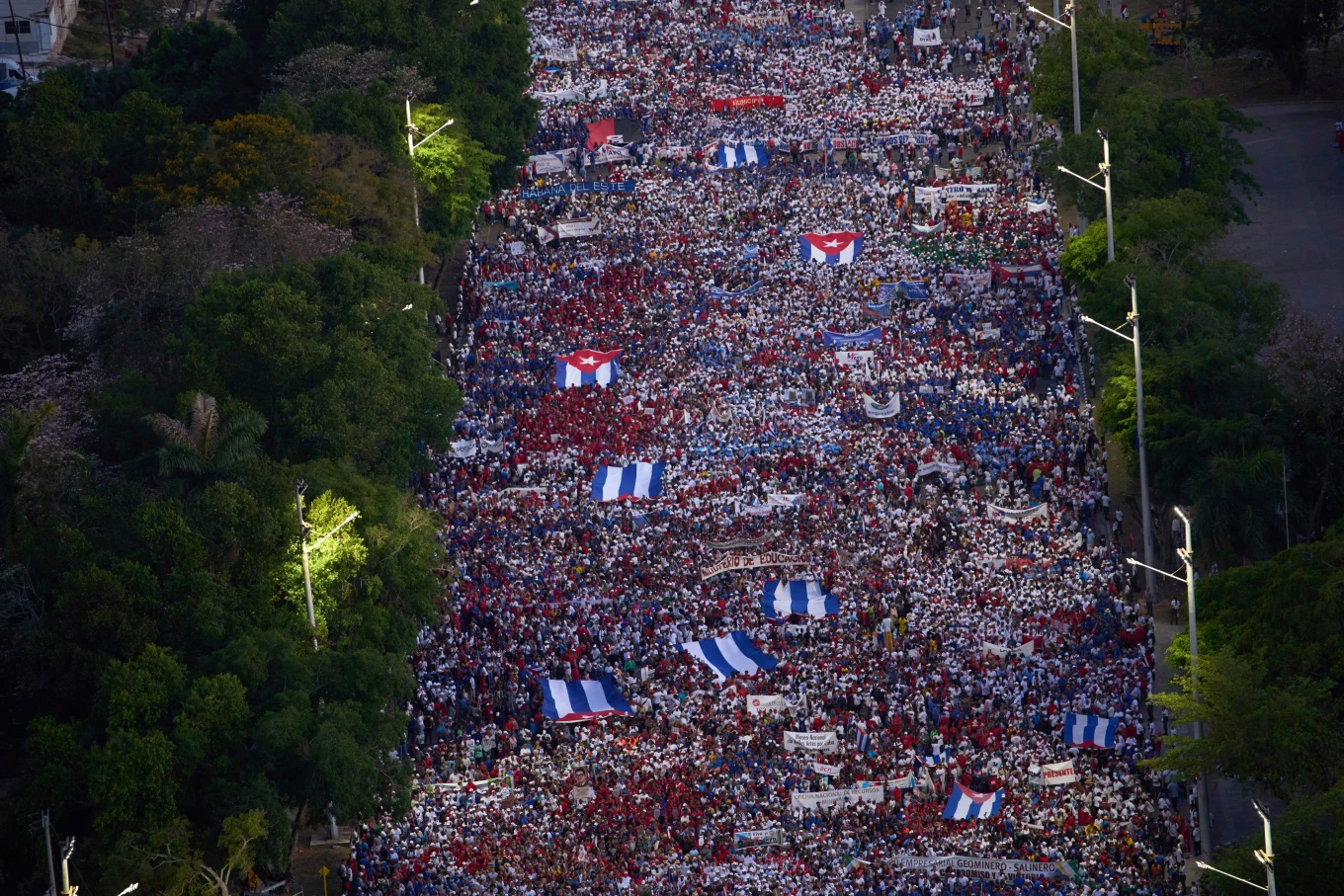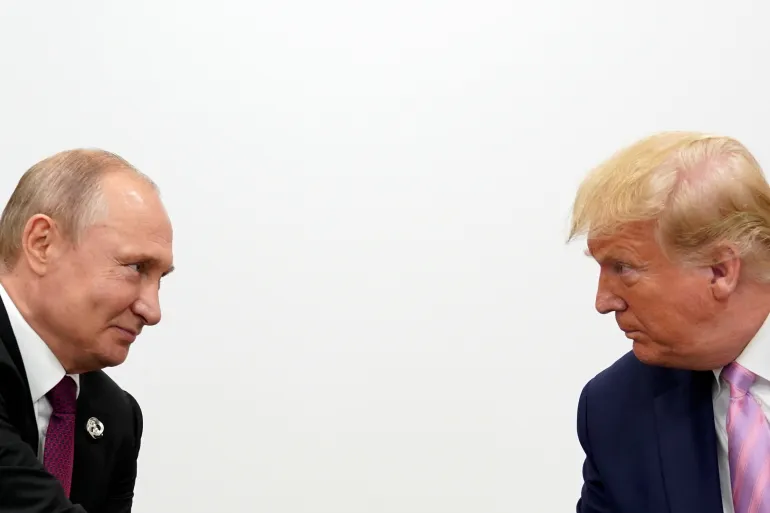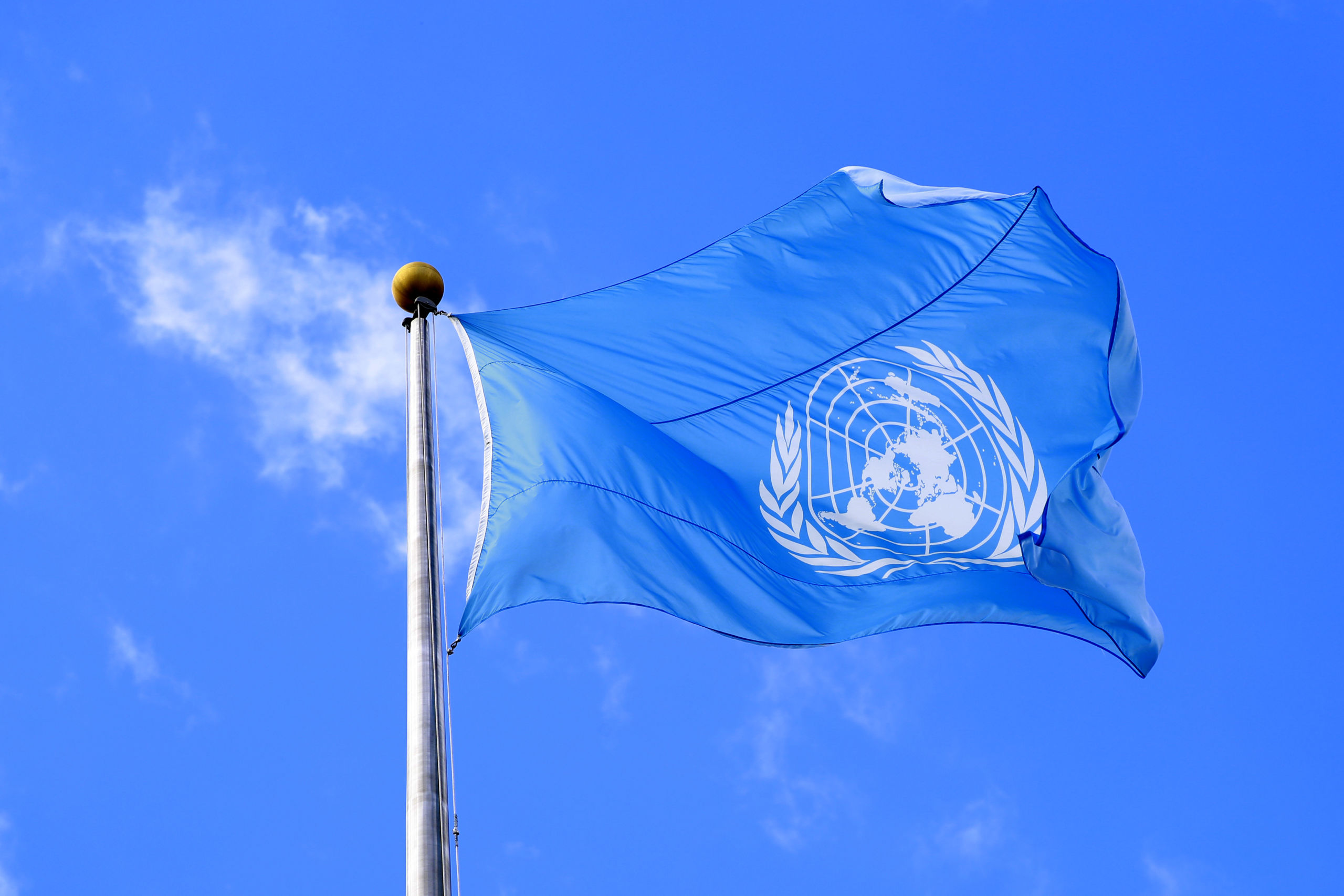Petro Leads May 1st March to Push for Labor and Health Reforms in Colombia

Archive/Al Jazeera.
On May 1st, International Workers’ Day, Colombian President Gustavo Petro will lead a march to Congress in Bogotá, as part of his ongoing efforts to push through his labor and health reforms, which have been stalled in Congress. This demonstration is aimed at pressuring lawmakers to approve a national referendum that would allow Colombians to directly vote on key components of the president’s reform agenda.
The proposed referendum, which would require Senate approval to move forward, has become an essential focal point in Petro’s strategy after repeated failures to secure legislative support for his policies. Petro has expressed frustration with what he sees as deliberate efforts by Congress to block reforms that could improve the lives of ordinary Colombians. He argues that lawmakers are “denying the people” a say in their own future, and the referendum is his attempt to bypass the legislative gridlock by allowing the public to weigh in directly on crucial reforms.
One of the 12 proposed referendum questions, released last week by the Interior Ministry, suggests redefining the hours that constitute a typical workday. Under this proposal, the standard workday would be adjusted to fall between 6 a.m. and 6 p.m., with any work outside of these hours qualifying for overtime pay. This change is part of a broader set of reforms designed to protect workers’ rights and improve working conditions in Colombia.
In support of the president’s movement, at least 15,000 Indigenous people have already arrived in Bogotá to participate in the May 1st rally. Their participation highlights the intersection of labor rights with broader social justice movements in Colombia, where Indigenous communities and other marginalized groups have long fought for greater inclusion and protection under the law.
Petro’s call for a national referendum comes at a time when workers around the world are observing International Workers’ Day, a day historically associated with labor rights and workers’ struggles for fair wages, better working conditions, and social equality. For many in Colombia, the march symbolizes a crucial stand against inequality and for reforms that can make a tangible difference in their lives. As Petro’s political struggle continues, the outcome of the referendum and the mobilization on May 1st could have significant implications for the future of his presidency and the direction of Colombian labor and health policy.
Agencies.


